About Us
About the Database
The Australian Neurolaw Database began in Macquarie University’s Philosophy Department in 2011. Associate Professor Nicole Vincent was researching the use of neuroscience in criminal law, and her work involved finding and analysing cases where neuroscience evidence had been introduced.
In 2015, Macquarie University began a collaboration with the Law School at the University of Sydney, where Dr Sascha Callaghan was researching the use of neuroscience in civil law.
And so the project grew.
The aim of this database is to provide legal practitioners, academics, and anyone interested in neurolaw, a place where important case law (and original summaries) can be found. We hope to keep growing the database, and we invite users to suggest cases that we have not included in the database here.
Aside from what we publish on this website, our research also involves detailed coding for relevant data that capture the flow of neuroscientific evidence within each case. We are in the process of analysing these to test various hypothesis regarding the uses of neuroscience and the differences that neuroscientific evidence makes in the courtroom. We invite researchers interested in accessing our raw quantitative and qualitative coding data to get in contact with us for collaborations.
This project has been funded by:
- Macquarie University Research Fellowship.
- Macquarie University's Centre for Agency and Values Bridging Funding.
- Macquarie University MQ Strategic Infrastructure Support Grant.
- Sydney University's SyReNs Sydney Neuroscience Network
About the team
Macquarie University
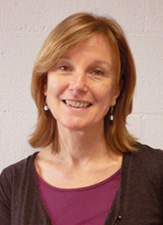 Professor Jeanette Kennett BA(Hons) Monash PhD Monash jeanette.kennett@mq.edu.au WEBSITE |
Jeanette Kennett is Professor of Philosophy at Macquarie University, President of the Australasian Association of Philosophy (2015-16) and leader of the Neuroethics, Neurolaw and Moral Cognition research cluster of the Macquarie Research Centre for Agency Values and Ethics (CAVE). She has published extensively on philosophical and ethical issues at the intersection of philosophy, psychology, and the law, focusing on impairments of agency in addiction and mental disorder, self-control, and moral and legal responsibility. |
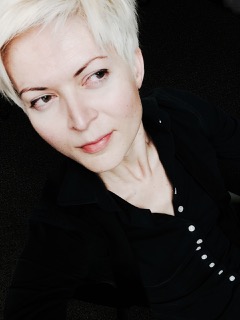 Associate Professor Nicole Vincent BA La Trobe PhD Adelaide me@nicolevincent.net WEBSITE |
Nicole Vincent obtained her PhD in the philosophy of law in 2007 at the University of Adelaide. Until 2010 she worked at TU Delft in The Netherlands on a project entitled "The Brain and The Law”. In 2011 she started up two concurrent projects. At Macquarie University she commenced work on the Australian Neurolaw Database, and at TU Delft she led a project about cognitive enhancement and the law. In 2013 she joined Georgia State University as Associate Professor of Philosophy, Law, and Neuroscience. |
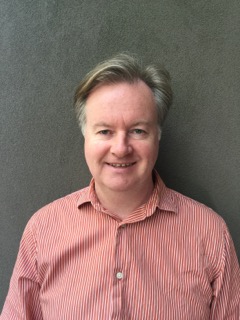 Dr Allan McCay LLB (hons) Aberdeen DLP Edinburgh G Dip Comm UTS PhD Sydney amcc4688@uni.sydney.edu.au |
Allan McCay is a senior researcher at the Centre for Agency, Values and Ethics, at Macquarie University, and a lecturer at the University of Sydney Law School. His interests include the use of evidence derived from behavioural genetics and neuroscience in the criminal law, particularly in sentencing. His research also focusses on free will, and the philosophy of punishment. |
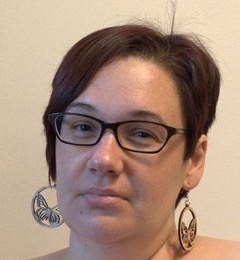 Dr Elizabeth Schier BSc New South Wales BA (Hons) New South Wales PhD Adelaide lizschier@gmail.com |
Elizabeth is a Philosopher of Cognitive Science. She is a researcher and lecturer at Macquarie University in Philosophy and Cognitive Science. Elizabeth’s research focus has been on consciousness, colour vision and emergence which she is bringing together in a book on the metaphysics of consciousness. Thanks to three years teaching neurolaw she is now looking at how moral intuitions can be rational and is eager to use the database to interrogate the justice system's model of the cognitive processes required for responsible decision making. |
 Denise Abou Hamad BA (hons) Macquarie LLB (hons) Macquarie denise.hamad@gmail.com |
Denise joined the Neurolaw project in its first year in 2011, and rejoined the team in 2015. In 2012, Denise completed her Honours thesis on Neurolaw in the Philosophy Department at Macquarie University. She focussed on the purpose of criminal sentencing in a world where neuroscience is progressing to reveal new ways of intervening in brains to change behaviours. In 2015, Denise completed her Bachelor of Laws (Honours). |
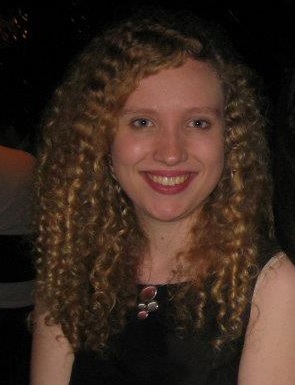 Julia O'Brien BA Macquarie MRes Macquarie jobrien1991@gmail.com |
Julia joined the Neurolaw project in 2015. In 2014, Julia completed her Master of Research thesis at Macquarie University, majoring in Philosophy. Her thesis focussed on the intersection between criminal law and ethics. Julia is presently completing her law degree at Macquarie University, and is due to graduate in 2016. |
University of Sydney
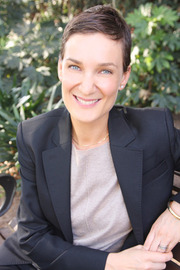 Dr Sascha Callaghan BEc Sydney LLB (Hons) Sydney MBioeth Sydney PhD Sydney sascha.callaghan@sydney.edu.au WEBSITE |
Sascha Callaghan is a lawyer and lecturer in health law and ethics at the University of Sydney. She has published widely in the area of health care decision-making, mental health and cognitive impairment. She is currently a lead researcher in the Sydney Neuroscience Network on intersections between neuroscience, law and ethics. |
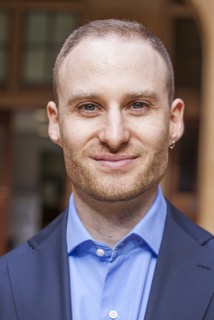 Dr Chris Rudge BA (Hons 1) LLB Sydney PhD Sydney christopher.rudge@sydney.edu.au WEBSITE |
Chris Rudge is a researcher in Sydney Law School and tutor in the Department of English. Chris's PhD focused on representations of psychiatric nosography and brain dysfunction from the fifteenth century to the present, and it was undertaken within both the University of Sydney's English Department and The Department of Sociology (within the Biopolitics of Science Research Network). Chris also holds bachelor's degrees in Arts (Hons 1) and Law, and he is currently working on his first book, a psychiobiography of the British writer Aldous Huxley. |
University of New South Wales
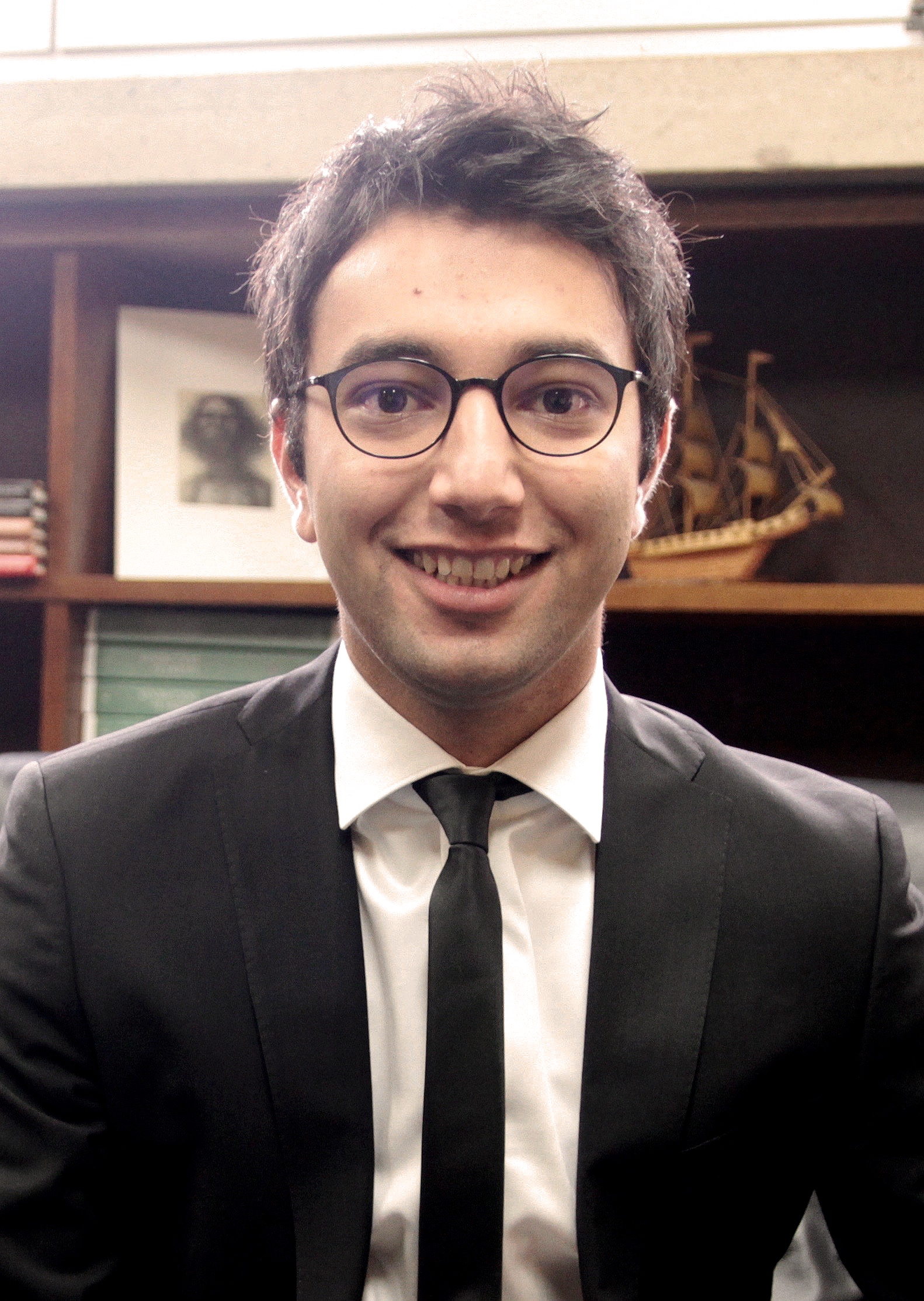 Armin Alimardani BA (Law), Iran MA (Criminal Law and Criminology), Iran a.alimardani@unsw.edu.au |
Armin joined the Neurolaw project in 2016. He completed his Master of Criminal Law and Criminology in 2014 in Iran. His thesis focused on the relationship between genes and criminal behaviour and published it as a book titled "Genetics and Crime". Currently, as a PhD student in law at UNSW, he is doing research on problems in using neuroscientific evidence in sentencing. | ||